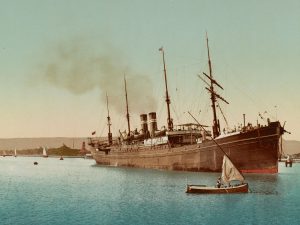
Switzerland in the Suez Crisis
In 1956 the world was on the brink of a new world war. And right in the thick of it, Switzerland acted as a mediator. But it was a tough job.
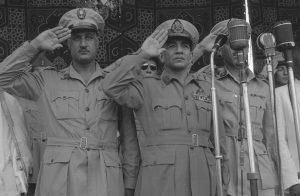
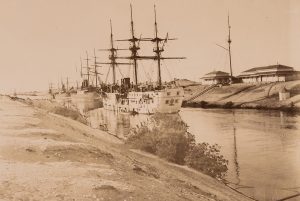
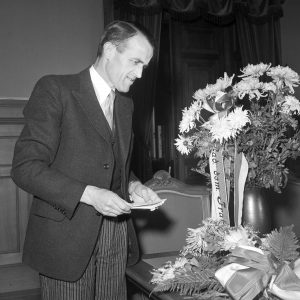
TV documentary about the Suez crisis. YouTube / History
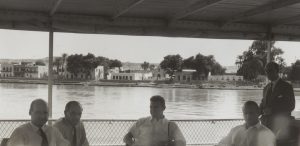
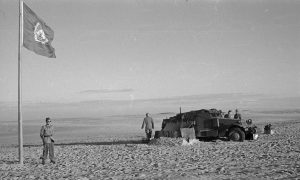
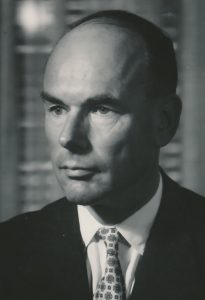

In 1956 the world was on the brink of a new world war. And right in the thick of it, Switzerland acted as a mediator. But it was a tough job.





